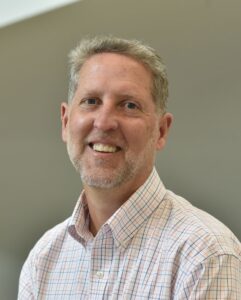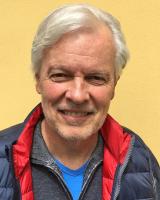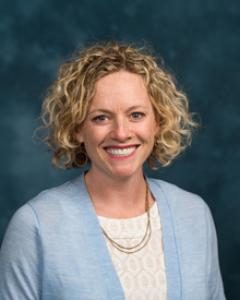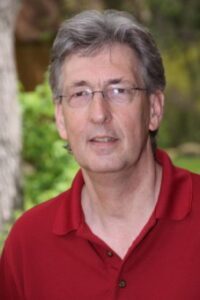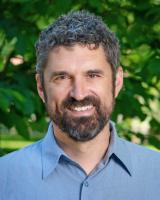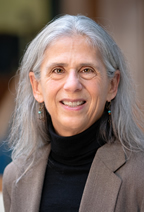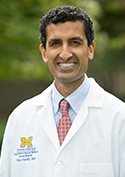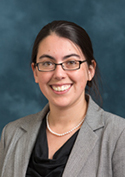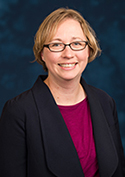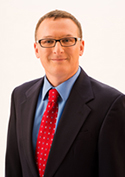Friday, May 22, 2020
Via Zoom
10:00 a.m. – 11:30 p.m.
Public Engagement Artice and Video Here
The coronavirus pandemic creates a set of complex, unanticipated challenges for businesses and organizations. The Wolverine Caucus will feature Dr. Scott Page and his partnership with the MI Economic Growth Institute working to assist with planning a safe reopening for businesses, municipalities and other organizations. Dr. Page’s guidelines are intended for both leaders and teams in structuring work flow to reduce physical contacts, and for team members wanting to create work lives that maintain a shared sense of mission in spite of limitations or prohibitions on physical connections. Bruce Barron will provide his experiences and how his company is utilizing UM resources to ensure Barron Industries Inc. has a public health informed re-opening.
Dr. Page’s guidelines are intended for both leaders and teams in structuring work flow to reduce physical contacts, and for team members wanting to create work lives that maintain a shared sense of mission in spite of limitations or prohibitions on physical connections.
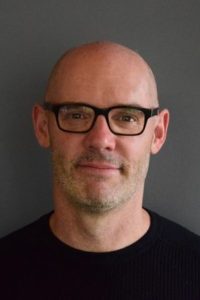
Dr. Scott Page,
John Seely Brown Distinguished University Professor of Complexity, Social Science, and Management
Scott Page is the John Seely Brown Distinguished University Professor of Complexity, Social Science, and Management at the University of Michigan. He is also the Williamson family Professor of Business Administration, professor of management and organizations, Stephen M. Ross School of Business; professor of political science, professor of complex systems, and professor of economics, LSA.
Scott is also an external faculty member of the Santa Fe Institute. In addition to his departmental appointments, Scott holds a faculty associate position at the Institute for Social Research.
In addition to his academic pursuits, Scott is a highly sought after speaker and frequently gives talks on complex systems to non academic audiences on diversity and on complexity and has consulted on projects ranging from the possibility of panic at Y2K and the demand for movies, to the economic impact of the World Cup.

Vikesh Chandrashekar,
Project Manager, Economic Growth Institute
Vikesh Chandrashekar is a Project Manager at the Economic Growth Institute at the University of Michigan. Under the First Customer Program he supports tech entrepreneurs and start-ups across Michigan by addressing critical gaps in technology commercialization and new-customer acquisition. He graduated from the University of Michigan with a Masters in Industrial and Operations Engineering after completing his B.E in Mechanical Engineering.
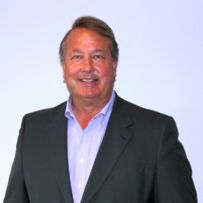
Bruce Barron,
President and CEO, Barron Industries Inc.
A 1983 graduate of the University of Notre Dame with a BS in Chemistry. Started career with the Stepan Chemical Company in Northfield, IL before joining the family metal casting and machining business, Barron Industries, in Oxford, MI in 1984.
Over 35 years of metalcasting and machining experience in sales, engineering, operations and Senior level management. Former Chairman of the Investment Casting division of the American Foundryman’s society, member of the Investment Casting Institute, Vice-Chair of the Oakland Schools Regional Advisory Committee.
Currently serving on the boards of the Catholic Foundation of Michigan, St Catherine of Siena Academy and past Board Chair of Notre Dame Prep and Marist Academy in Pontiac MI.

